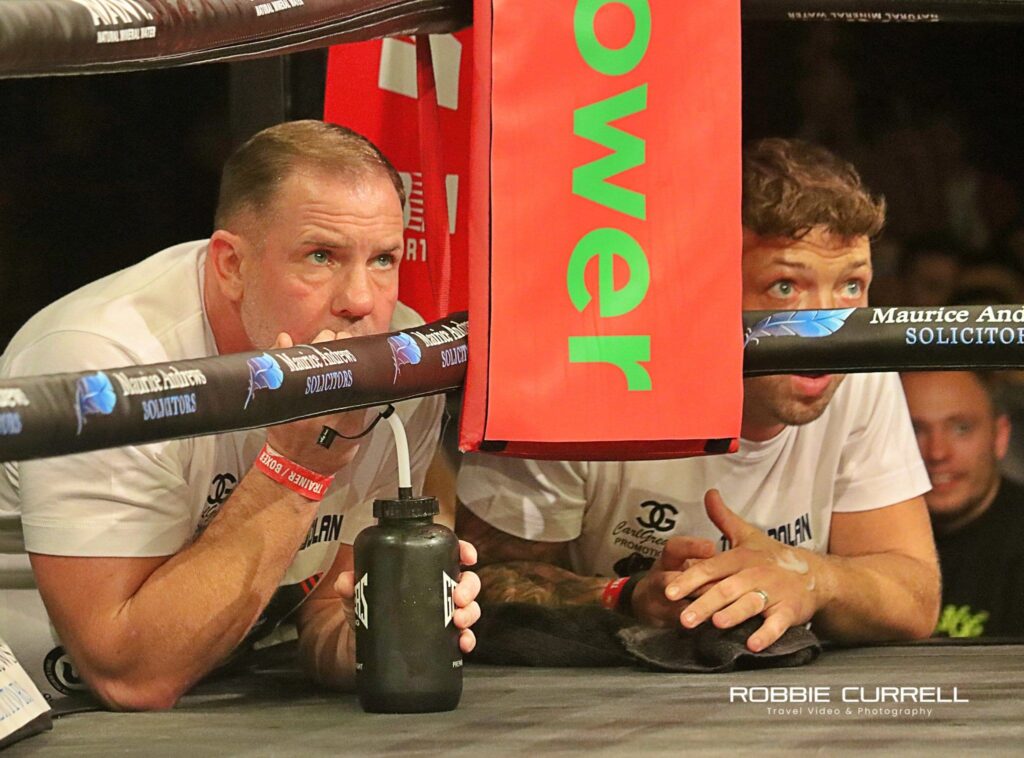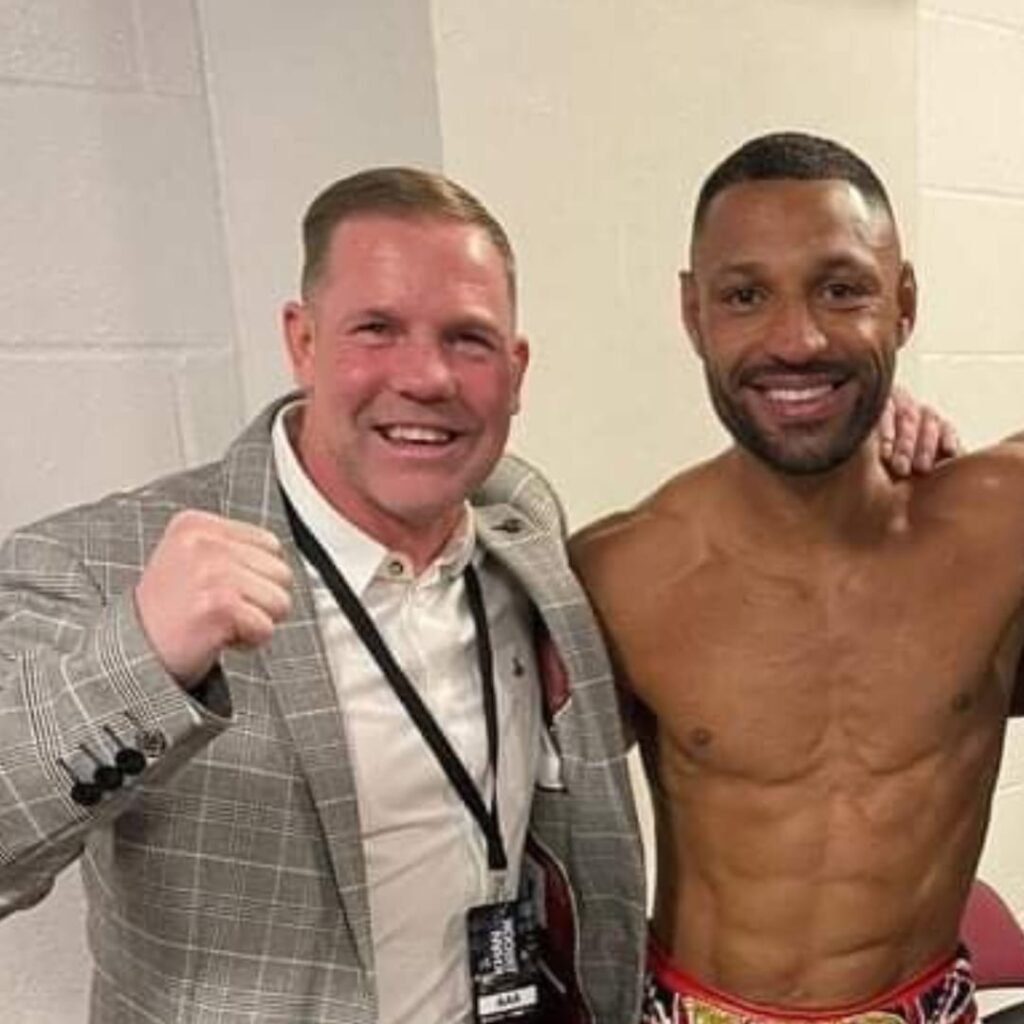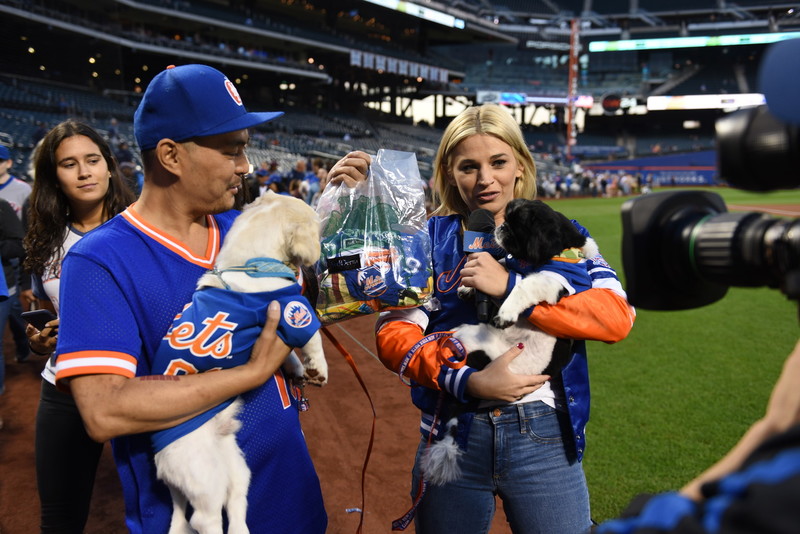When people think of boxing promoters, names like Eddie Hearn at Matchroom Boxing and Frank Warren at Queensberry Promotions dominate the spotlight. But outside the televised limelight, there are promoters building fighters from the ground up.
Boxing promoters are the engines behind fight nights – responsible for organising events, matching opponents, arranging officials and marketing the show. The list goes on.
However, not all promoters operate under the dazzling lights of Sky Sports or DAZN. Some work in community halls and regional arenas.
Carl Greaves, dubbed the ‘Hardest Working Man in Boxing’, reveals the reality of grassroots promotion and how it is essential for the development of fighters’ careers.
“I always say that if there’s no small-hall boxing, there’s no big TV shows. We play a massive role in the boxing community,” Greaves says. “Without our work, where are the fighters going to come from?”
Small-hall promotion is the foundation of the sport: gritty, grassroots boxing, built away from major TV deals and sponsors. It provides an essential platform for aspiring boxers to make a name for themselves.

Greaves’ company, ‘Carl Greaves Promotions’, is proof of that. Built from the ground up, it operates in a challenging industry: one where money is no guarantee, and success relies heavily on ticket sales and word of mouth.
“We’ve got to make a show work on the budget we get from ticket sales,” he says. “And the only way of doing that is through the fighters selling themselves. Outside their own area, people don’t really know who these people are.”
There’s a big financial risk involved in organising these small-hall events. Greaves takes on the full weight of it all.
“There’s so much involved,” he says. “I’ve got to really put the show together and book everything – the venue, paramedics, officials, the ring hire, the MC, ring girls and music.”
There’s no safety net in small-hall promotions, so if the numbers don’t add up, the cost lands on one person.
“People see promoters and think they’re making big money. That’s not the case. If you don’t sell the tickets and still have to pay everyone involved, where does the money come from? It’s a promoter’s pocket.”
Despite these risks, the rewards are what Greaves keeps coming back for.
“It’s very rewarding when you can build a fighter up and take them all the way to the top,” Greaves says. “That’s where I get the buzz from.”
The biggest names can be established in small-hall boxing. Greaves’ shows in particular have launched the careers of some of Britain’s top talent: David Avanesyan (former WBA welterweight world champion), Sam Bowen (British super-featherweight champion), and Emma Dolan (the first-ever Commonwealth female super-flyweight champion).
One story stands out. John Wayne-Hibbert, an Essex-born fighter, came to Greaves early in his career looking for guidance and management. Greaves took him on, guiding Wayne-Hibbert from an unknown fighter in Essex to being lined up for an English light-welterweight title shot. It coincidentally clashed with a fight at Matchroom, put together by Eddie Hearn for the same title.
“Eddie Hearn called me and said, ‘You’ve jeopardised a fight here for me. Is there anything I can do?’
“I told Eddie, ‘Let your lads fight for the title on the condition the winner fights John and we’ll step aside,’” he recalls.
“John then ended up selling £63,000 worth of tickets on an Anthony Joshua undercard at the O2 arena. Eddie absolutely loved him, so gave him a promotional deal at Matchroom, which was a great achievement.”

Over the past two decades, Greaves has become one of the most respected names in British boxing’s grassroots scene and has worn nearly every hat the sport has to offer: a former pro-fighter turned trainer, turned manager, turned promoter.
He says, “It was a natural progression. I had my manager’s and trainer’s licence, but to really build a fighter, I had to promote them myself.”
In 2007, Greaves got his promoter’s license and put on his first show, quickly earning the nickname ‘Hardest Working Man in Boxing’.
“I’m definitely not the hardest working man in boxing now,” he laughs. “I’m not as active as I was because I don’t need to be. I’ve done very well in boxing.”
“Back in the day, I did as many as 16 shows in one year, which was remarkable. It was a hard graft, but I did very well and had some very tough fighters who got a good name for themselves.”
“It’s getting tougher to put on shows now,” he admits. “Fees have gone up and everything in life has gone up. A boxing show is a luxury, and people haven’t got the money like they used to to go out and enjoy themselves.”
His next show is this August at the Grimsby Auditorium, headlined by a local favourite Levi Giles, who takes on Joe Underwood-Hughes for the vacant Midlands area lightweight title.
Giles has been with Greaves from the start, developing through small-hall bouts to then appearing on Eddie Hearn and Frank Warren shows.
“This is a big next fight that will open more doors for him,” Greaves says. “He’s a very popular kid in Grimsby, he sells big tickets so the atmosphere will be absolutely electric.”
That’s the magic of small-hall boxing shows.
“A lot of people who go to big shows and small shows say that the small-hall atmosphere is far, far better. It’s more compact, and it’s electric and buzzing in there, and that’s what it’s all about.”
This is the boxing most fans don’t see. But for those in the know, it’s where the sport is at its most honest and its most exciting.
Before the big TV shows and major deals for fighters, there’s the groundwork. That’s where small-hall promoters like Greaves thrive.



